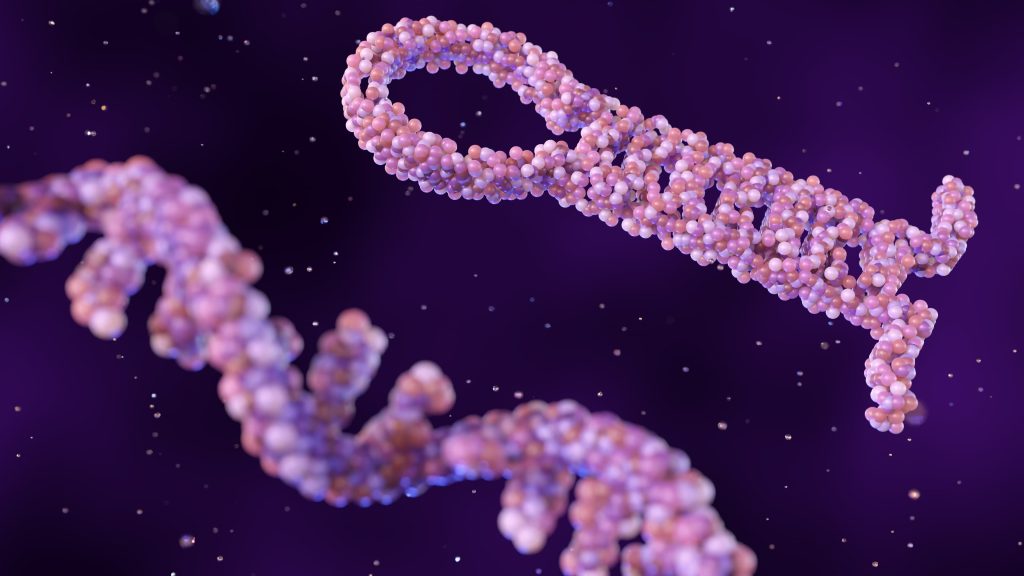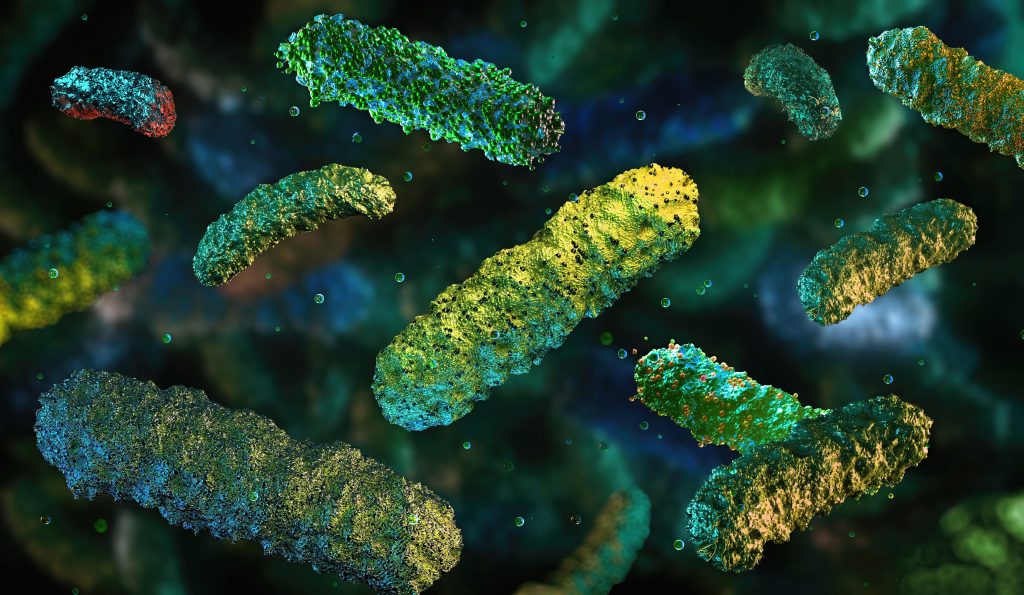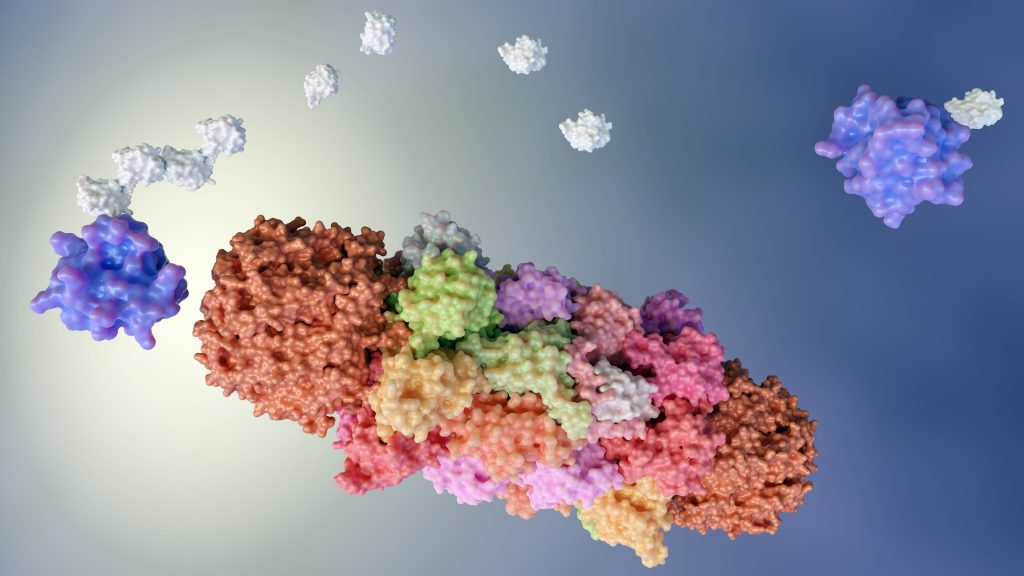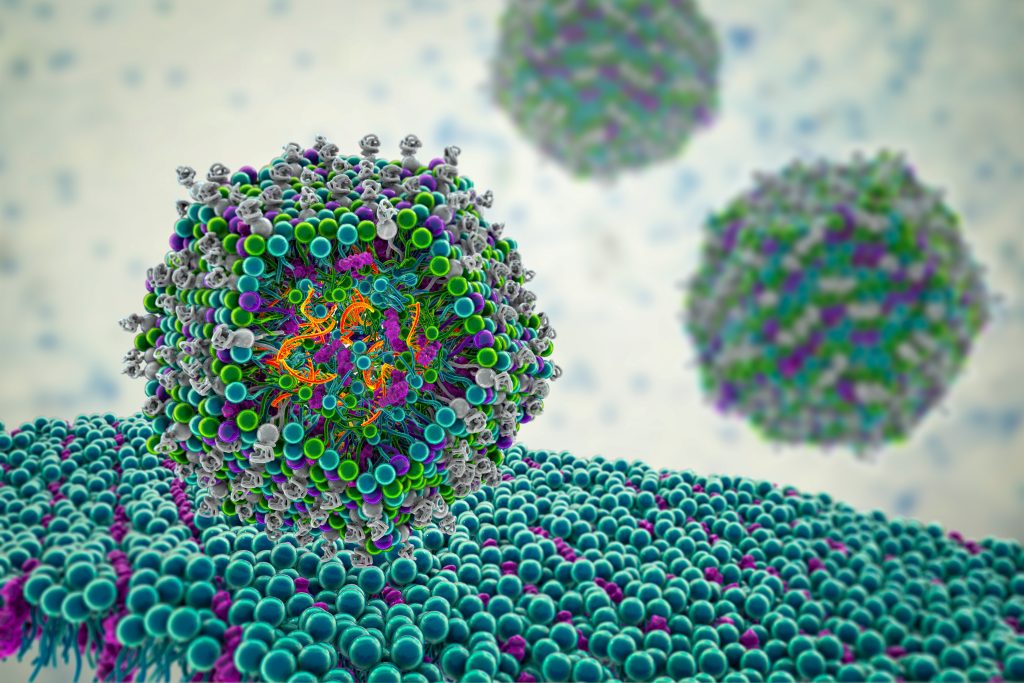
As we approach the end of 2023, the lure of innovative high-tech food products seems greater than ever. The UK is gearing up to be one of the biggest producers of lab-made meat in the world, and an Act encouraging the sale of gene-edited food received royal assent earlier this year. These developments lead to one all important question during the festive season: will you be swapping your Christmas traditions for something a little more…cultivated? To help you pick a side in the turkey-versus-tissue culture debate, we have done a round-up of some not-so-natural Christmas dinner-related patent applications that have been published or granted over the last year or so.
Dashing through the patent databases revealed that the number of European applications in the meat analogue sector has been climbing year on year. A jolly number of applications focus on growing hunks of meat in the lab, be it turkey or pigs in blankets. One application relates to the production of ‘spheroids’ (small, dense bundles of cells) for making all sorts of cuts of cultivated turkey meat – so, whether you prefer breast or thigh, this application has you covered. Perhaps turkeys voting for Christmas makes sense this year?
And, if you’ve ever worried about how long your turkey will need in the oven, worry no more, as one applicant has devised a miraculous gel paste that can transform within minutes into meat (taking astronaut food to the next level) – a great time-saver for Christmas Day, albeit very far from traditional turkey carving.
If you like your meat even more high-tech, keep your eyes peeled for 3D printed (yes, printed) meat substitutes, as one case details how to prepare deliciously digitally produced whole cuts of meat. Probably best to keep the turkey baster away from the printer, though.
Just to make sure there’s plenty of cultivated meat to go round, a few far-sighted applicants have come up with apparatuses and devices capable of churning out all of that meat at an industrial scale – seconds, anyone?
Of course, for the vegans and vegetarians among us, the patent office has not fallen short of plant-based meat filings this year. Interestingly, several applicants have tried to improve the texture of plant-based meat by emulating the fibres and chewiness of real meat. A few cases even guarantee a perfect golden-brown colour using pigments such as beetroot, red algae, and sweet potato.
The perfect accompaniment to the novo meat on your dinner plate could be no other than moreish, modified veggies. Starting with one of the most polarising Christmas greens that are always a subject of discussion at the dinner table, we have the Brussels sprout. If they aren’t your favourite, they probably aren’t going anywhere soon, as one patent granted this year for a hardy sprout variety resistant to the ‘white rust’ pathogen. It seems that the patent office is rather pro-sprout, as another sprout-related patent granted this year relating to a variety with increased inflammatory, antioxidant, and chemo-protective properties (which may finally convince you to have a nibble).
Moving onto a more well-received vegetable, the humble potato is known for its versatility as an absolute cornerstone of any Christmas dinner. In fact, one applicant who presumably suffered the predicament of over-stocking on spuds this year has come up with a way to edit the potato genome to prevent them from browning in storage.
Rather disappointingly, a few cases attempt to remove fat (and fun) from Christmas dinner. One application provides a composition for reducing fat absorption in fried foods, and another for making salt-free bouillon cubes. Aren’t salt and fat an important part of our indulgence at Christmas?!
Finally, if you’re struggling to keep your hair on while cooking for the whole family, who’d have thought your Christmas dinner could lend a hand with this also? Two applications filed this year each proposed a formula for inhibiting hair loss using extracts from vegetables – one from carrots and the other from broccoli!
To ‘wrap up’ our thoughts, we are left with the impression that traditional farm-to-fork dinners may be the echo of Christmas past, and that lab-grown foods could be all the rage for the next Noël. Of course, however you choose to dine this season, we can be sure that the fondest memories are always made around the table. Putting our serious Santa hats on for a moment, we are glad to see that innovation in the food-biotech field continues to plough on, just in time for Christmas. We wish our friends, colleagues, and clients a very merry Christmas, be it cultivated or conventional!





